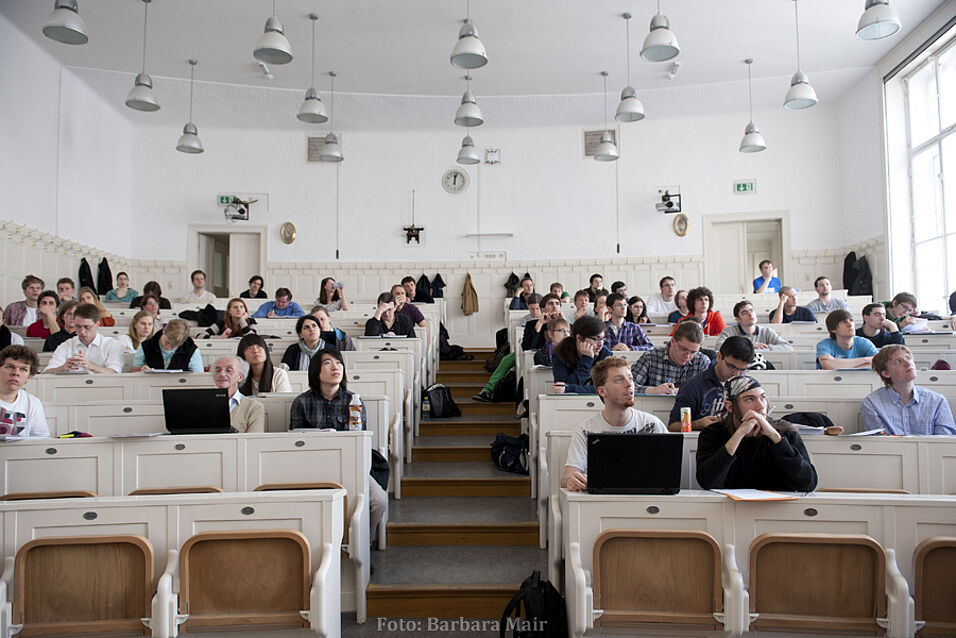With the advent of ever more powerful computers and more accurate, yet efficient algo-rithms, computational science has by now been widely accepted as a valuable and equal contribution to both pure theory and experiment. Traditionally, computation thereby played the roles of elucidating microscopic properties and mechanisms of given systems and reaction pathways, leading to numerous breakthroughs not otherwise possible. The choice of system or reaction – e.g. a semiconductor for a photovoltaic cell – thereby was mostly guided by experiment or the intuition and experience of the researcher. Recently, though, modern data science approaches such as data-mining and explainable machine learning allowed computation to take on a role of pro-active exploration and design, supplementing the traditional roles of computational materials science.
In my presentation I will outline some of my research regarding method development and application in this field. First, I will present our recent extension of the famous Newns Anderson model, converting it from a qualitative tool aimed at gaining a rough understanding charge transfer problems, to a fully convergent and quantitative method that can be used to predict experimental results. Second, I will show how the use of explainable machine learning models not only allows us to predict properties of materials, but also to extract the materials' characteristics leading to these properties. Thus, we show how such an approach can yield useful structure-function relationships.
Thereby, all my work is based on a bottom up approach, where specifically developed methods on the electronic structure level, aided by machine learned datapoint selection and machine learned or classical force-fields inform larger scale effective, embedded or kinetic models, which in turn yield the descriptors necessary for data-driven and machine learning based analyses of more general problems. At the end of my presentation, I will give an outlook on my future research plans specifically how to computational and data- driven capabilities and which materials I plan to apply them to.
As part of the presentation, there will be a teaching demonstration on the topic
"Einstein and Debey Model".

